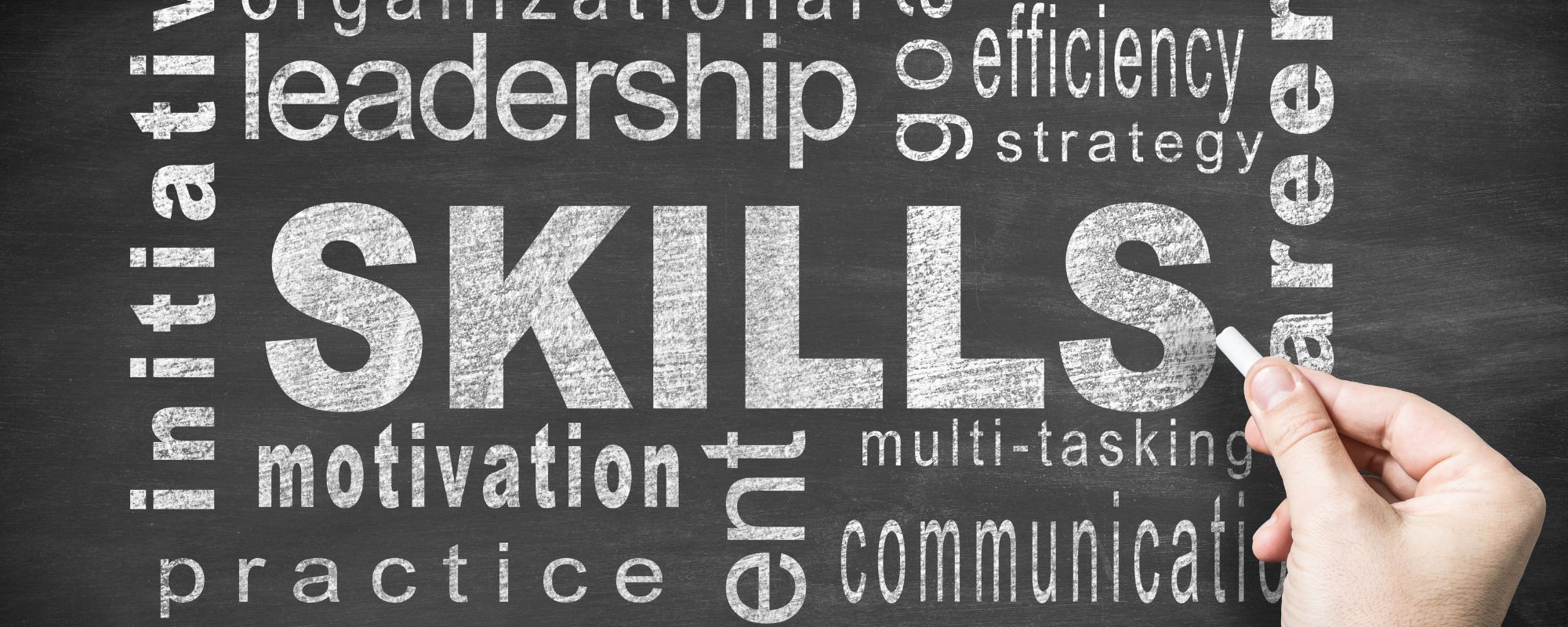As one of the behavioral therapy options we offer at Aliya Health Group, the OARS Motivational Interviewing method is effective at sparking change. Motivational interviewing is a counseling practice that uses empathetic, open conversation to help individuals identify their values. Then, their counselor works with them to define the goals that align with the client’s desires. As such, MI is an evidence-based strategy for replacing ambivalence about change with personal motivation. OARS is an acronym that identifies the main conversation skills used in motivational interviewing therapy. Keep reading to learn how goal-setting and goal-fulfillment are possible with motivational interviewing.
What Is Motivational Interviewing (MI)?
Motivational interviewing (MI) is a counseling approach that helps individuals create change in their lives by adapting their beliefs and behaviors. It was created in the 1980s by a pair of psychologists, William R. Miller and Stephen Rollnick. They created MI on the premise that people are more likely to want to change when it aligns with their values. Thus, a main tenet of motivational interviewing is goal-setting. In sessions, the therapist and client unpack the client’s values and beliefs to create goals that align. Many people feel a sense of fear about change. Yet, those who face substance abuse and mental disorders desperately long for real change in their lives. Notably, motivational interviewing helps individuals see change in a positive light. Through goal-setting, intentional listening, and question-asking techniques, MI helps people find motivation to change.
What Can Motivational Interviewing Help Treat?
Motivational interviewing is an effective counseling method for the treatment of substance use disorders and mental health disorders. It can target a variety of illnesses, disorders, and issues. Essentially, MI is useful for anyone who would benefit from positive change in their life but doesn’t yet have the tools to begin the process.
Motivational Interviewing for Substance Use Disorders
Substance abuse is a major issue in the United States and around the world. Over 15 million people struggle with drug use, and over 76 million struggle with alcohol abuse. Motivational interviewing was first developed in the 1980s for the treatment of individuals with substance use disorders (SUD). It’s understood that people resist change when it’s forced onto them, even if they desire for things to be different. Therefore, individuals with substance addiction can find motivation to change by considering their goals for themselves. Motivational interviewing helps people develop their “why” when it comes to changing. Then, we help prepare you to focus on these goals in our comprehensive levels of care in rehab.
Motivational Interviewing for Mental Health Disorders
Similarly, mental health disorders are widespread issues that affect millions of people. An estimated 1 in 8 people struggle with their mental health, yet many people never receive the help they need. Having a mental disorder can really strip away your sense of identity and belonging. Those with mental illness often feel wrong or “other” while also battling extreme pain, exhaustion, and other symptoms. Although they have the desire to change, they don’t know how. Because their struggles come from within them, they often begin to believe there’s no hope of a better life. Also, it can feel exhausting to begin the process on their own. Motivational interviewing is a valuable resource for individuals with mental health disorders. Counselors affirm that the person isn’t beyond help and can change their behavior through intentional work. We believe effective change happens in a safe and supportive environment, which we provide at Aliya Health Group’s rehab facilities. Change happens through MI therapy for mental disorders.
How Does Motivational Interviewing Work?
You might be interested in the concept of motivational interviewing to overcome challenges in your life, such as substance abuse. Yet, you’re probably wondering how MI works. Typically, motivational interviewing therapy is a short-term method. Individuals may meet between 1-4 times with their MI counselor. The basis of MI is talk therapy. During sessions, your therapist will lead you in thinking about your struggles, decision-making, and values. Rest assured, this is a non-judgmental space. Your therapist won’t cast criticism on you but will prompt you to think through possible outcomes of either changing or staying where you are. Together, you will come up with your goals for how to achieve the things you want in life. Overall, motivational interviewing sessions help you define your goals and build motivation to pursue them through focused conversation. Your case manager can help you begin to work towards your goals concretely once you develop a desire for change.
Core Principles of Motivational Interviewing
Motivational interviewing has several core principles built into the practice. Knowing them helps you understand MI’s intention to create a safe environment where the client better understands themself and prepares to change. The core principles are:
- Expressing empathy: Your therapist will accept the information you share without judgment or offering unsolicited advice. They will exhibit empathy by listening attentively and validating your experience.
- Developing discrepancy: Discrepancy refers to the client realizing their habits and goals do not align. This is a valuable realization because it’s the first step towards realizing the need for change.
- Rolling with resistance: In motivational interviewing, resistance will surface. The aim of MI is to acknowledge it and relate it back to the individual’s discrepancy. MI shows resistance, which simply means there’s a need to make an adjustment.
- Supporting self-efficacy: Throughout their experience with motivational interviewing, individuals develop a sense of self-assurance and capability. By the end of their MI programming, the client believes their therapist’s confidence in them. And the client feels as though they have the ability to change.
What Happens During Motivational Interviewing?
The process of motivational interviewing counseling is like an open, non-judgmental conversation between therapist and client. Notably, collaboration is a key to MI. You are not alone in it; instead, you are working through your thoughts and outcomes with your therapist. They will ask you open-ended questions about your situation, your choices, your beliefs, and future outcomes. You should speak freely during sessions because this will help you get to the root of your inner motivations. Also, during sessions, you experience the empathetic presence of your therapist, who toes the line between listening and offering advice. Overall, MI meetings should feel collaborative and informative as you learn about yourself.
Get confidential help from our addiction and mental health treatment facilities located across the United States. Call to join one of our quality programs today!
Speak With Our Admissions TeamWhat Is OARS in Motivational Interviewing?
OARS is an acronym for the key skills in motivational interviewing therapy. What does OARS stand for in motivational interviewing?
O = Open-ended questions
A = Affirmations
R = Reflections
S = Summarization
The OARS communication strategy is a key component of MI that aligns with its aim to facilitate a supportive environment. Thus, in every MI session you attend, expect your motivational interviewing therapist to use these conversation skills. The reason OARS is effective is because it leads clients into a place where they feel seen, heard, understood, and respected. These are necessary base comforts they need to experience in order to feel empowered to change.
Open-Ended Questions
Motivational Interviewing questions are open-ended and prompt deep reflection. Your therapist won’t ask you questions that have a “yes” or “no” answer, but instead ones that cause you to think in a new way. This question-answer style of conversation aligns with MI’s goal of self-reflection. We often don’t get asked such open questions because they require the other person to really listen and ask follow-up questions. The goal of motivational interviewing is to build rapport and trust with your counselor as you contemplate your answers together.
Affirmations
Affirmations are positive, encouraging, and validating statements that have a beneficial effect. When clients receive affirmations from their therapist, they feel supported in the midst of their trials. Additionally, they feel accepted because they’re being lifted up even as they admit to their struggles. Thus, motivational interviewing creates a safe and encouraging space where the desire to change can bloom.
Reflections
During sessions, your therapist may reflect on the things you’ve shared. Restating points you’ve addressed helps you better reflect on what you’ve said. They are also leading you to hear your own statements and explore them deeper. Reflections foster a greater sense of empathy and trust.
Summaries
During and at the end of your therapy session, your therapist may summarize statements you’ve made and topics you’ve discussed. This allows you to dwell on key insights that you’ve gained throughout your conversation. Also, it ensures both parties are understanding each other so there aren’t any miscommunications.
Looking for quality treatment for substance abuse and mental health that’s also affordable? Aliya Health Group's treatment facilities accept most major insurance providers. Get a free insurance benefits check now!
Check Your CoverageWhat is the Goal of OARS During Motivational Interviewing?
The goal of motivational interviewing’s OARS method is to foster better conversation. Communication and open conversation are key in the process of developing a desire to change. Your therapist will use the OARS communication skills throughout your conversations because it creates a space where growth can occur.
How Does Effective Communication Aid in Recovery?
As shown, the communication skills of motivational interviewing play an important role in the MI process. The OARS communication techniques allow individuals to feel heard and understood. The easy back-and-forth of dialogue creates rapport and trust between therapist and client. It also opens the client’s mind to the deep values they hold that should influence their willingness to change their current situation. Overall, effective communication in motivational interviewing leads to lasting change by sparking self-efficacy.
Tips for Someone Undergoing Motivational Interviewing for the First Time
Starting motivational interviewing for the first time doesn’t need to feel nerve-wracking. Remember that the session will feel like a good conversation about your beliefs, habits, feelings, and values. Together, you and your therapist will be able to identify goals that will improve your life. Thus, go into each session with an open mind. Let down your guard because OARS motivational interviewing is proven to be effective at helping individuals overcome their substance abuse and mental disorders. Please don’t hesitate to reach out to our intake team with any questions about the process.















